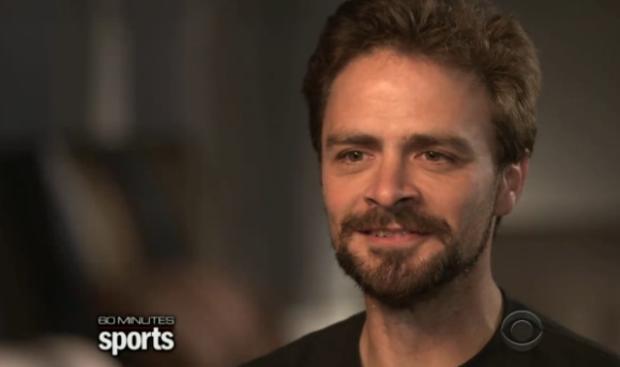Drone racing as sport takes flight
Think drones and the first words that come to mind might be spying or secrecy, not sport, but that could be changing. Across the country, a new kind of competition has taken off, and "60 Minutes Sports" got an up-close look.
What drone pilots see as they speed around a course is what makes drone racing so addictive.
The pilots wear FPV goggles -- FPV for first person view. The goggles are receiving streaming video from a camera on the drone. FPV gives racers the sensation that they are flying and that they are the drone.
The first time Chad Nowak tried the glasses on, he had to sit down.
"Because it can be a bit disorientating because your body is giving you one sensation and your eyes are giving you something else," he explained.
Nowak was an oil worker from Australia when he won the first U.S. drone racing championship last summer.
"After a couple of flights, all of a sudden the world starts opening up," he said. "And I can fly through that doorway now and down that hallway and along that path."
What is that sensation like for the body?
"Oh, it feels so realistic that your heart rate starts going up. When you're trying a new trick or you're trying to shoot a gap that you know if it doesn't work that you're gonna break something, your heart starts pounding and you get a little bit nervous," Nowak said.
Most pilots begin by fooling around with drones in their backyard. For Bapu Madhu, an employment counselor from California, it quickly became an obsession.
"You know, when I started the hobby, it was just something to do, you know, just to kill time," he said. "But-- it's so addictive. I've always been a gamer all my life. And this right here, drone racing, is like video game on steroids, I think."
You can see the full story and the rest of "60 Minutes Sports" Tuesday night on Showtime.
